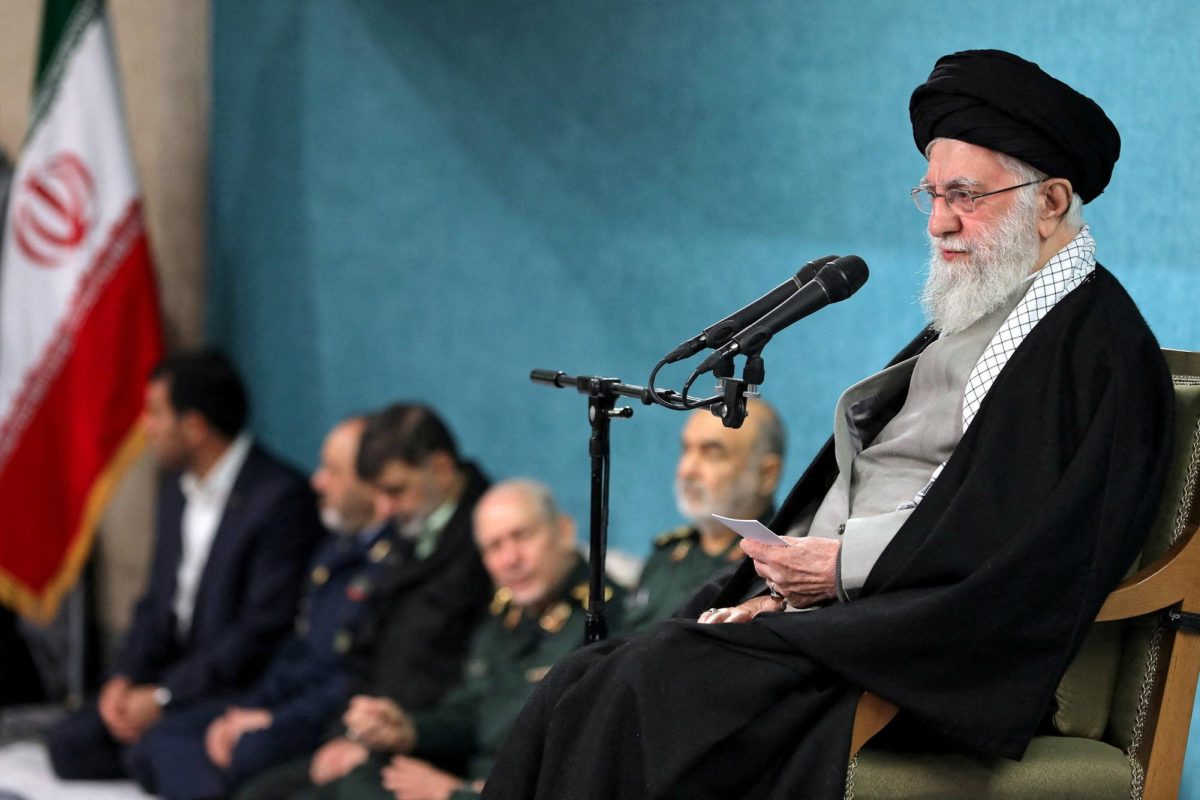Since President Trump took office in late January, one of his major foreign policy goals has been to bring Iran to the negotiating table once again over its nuclear weapons development. The aim is to reach a deal that would be positive for both parties, potentially leading to a more stable and peaceful region. The Supreme Leader of Iran Ali Hosseini Khamenei expressed the United States’ desire to initiate new nuclear talks with Iran. Negotiations are underscored, in his opinion, by the potential significant implications for the region and the world.
President Donald J Trump on Monday, while meeting with Prime Minister Benjamin Netanyahu in the Oval Office, mentioned to the media that direct talks would take place this Saturday in Oman with Iran about their nuclear programs. These talks are of significant importance as they could potentially lead to an agreement for Iran to halt all development or possible production of Nuclear weapons. This development could reshape the geopolitical landscape. Since this statement was made by President Trump, Iran’s Foreign Minister, Abbas Aragchi, has made a statement on social media saying that direct talks with the U.S. are “meaningless” and that he rejected the idea, but is willing to proceed for the time being with indirect negotiations between the two nations, which will be held in Oman this coming Saturday. Still, members inside Trump’s administration and the U.S. Department of State reiterated that these will be direct talks between a special U.S. envoy headed by Steve Witkoff, who has taken on a broad portfolio of global issues, from Ukraine to the war in Gaza.
These direct or indirect negotiations mark a possible central diplomatic turning point between the U.S. and Iran. If they go well, they can have lasting effects on regional stability. However, if they do not go as planned, it could lead to further tensions and potential military actions, which would have significant and potentially devastating implications for the region and the world.

